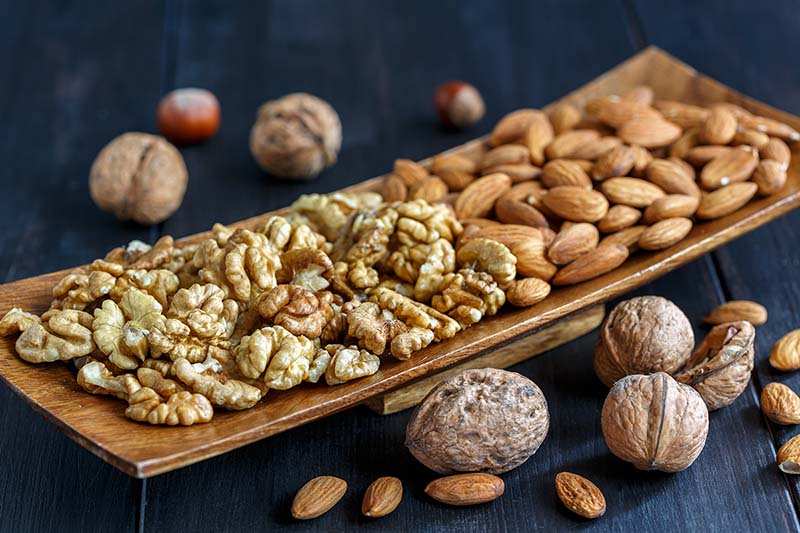Things to Know About the Body's Metabolism and How It Really Works
Learn how the metabolism works and the factors that come into play as you fuel your body.

You’re probably familiar with the idea of a metabolism, or at least that it plays a role in weight gain and weight loss. But you may not have a firm understanding of what it does or how it impacts your overall health.
Learn more about how the metabolism works and what factors come into play as you fuel your body.
The metabolism
Metabolism is a process by which the body converts food and drink into energy. When you consume a meal or snack, the metabolic process breaks down the calories in that food and combines it with oxygen, which results in the release of energy that the body needs to function.
Even when you’re asleep or relaxing on the couch, your body continues to function and operate in various ways. Your heart continues to pump and circulate blood, your lungs inhale and exhale oxygen, and your cells continue to grow and repair themselves. All of these functions require energy, which comes from what you consume.
The metabolic process includes two main parts: anabolism and catabolism. Anabolism is the part of the process that helps the body to grow new cells, maintain body tissues, and store energy. Catabolism breaks down carbohydrate and fat molecules to release the energy that fuels the other part of the metabolic process, as well as enables muscle contraction and maintains the warmth of the body.
Insulin triggers anabolism, so those with diabetes can experience metabolic slowdowns. When you are overweight, your body may stop producing or responding to insulin, which can also impact your metabolism.
Your Basal Metabolic Rate (BMR) refers to the number of calories needed to maintain all the necessary bodily functions. You can calculate your BMR based on your height, weight, age, and sex, which will tell you exactly what caloric intake is necessary for your body to stay alive.
Any additional activity, such as exercise, will increase the rate as it further extends your body and burns more calories.
Related: 4 Ways to Boost Your Metabolism
Metabolism factors
The metabolic process is quite complex, although the state of this process depends on several key factors. Specific foods you eat can have a small impact on the metabolic process. It is also influenced by your current body size and weight. Certain health problems and conditions can impact your metabolic rate, although they aren’t very common.In women, polycystic ovary syndrome has been linked to a decline in the metabolic rate. Both men and women can also be affected endocrine disorders like hypothyroidism and pituitary gland disorders, all of which can slow the metabolism and make it harder to lose weight.
One of the biggest factors that impacts your metabolism is the size and composition of your body. A person with a larger frame or more muscle mass will burn more calories simply by existing, even when at rest. Your age is also a significant factor because the body tends to lose some of its muscle mass as part of the aging process.
Fat replaces some of that muscle in your overall body weight, resulting in a slowdown of the metabolic rate. Biologically, men generally have more muscle and less body fat than women, so men tend to burn more calories than women. Sleep deprivation, drastic weight loss, and not eating enough calories to sustain your body’s functions can all impact the metabolic process and the amount of energy you have as well.
Although you can’t do much to change your resting metabolic rate, you can burn more calories by participating in regular physical activity. People who have more muscle mass can also burn more calories, as muscle tissue uses more energy than fat tissue.
Related: 7 Foods that Burn Belly Fat
The needs of your body generally remain the same because the same systems are functioning at all times. As a result, your base metabolic rate doesn’t change drastically over time.
Calculating this rate and adding more physical activity into your routine, coupled with a balanced diet, can help you maintain a healthy weight while fueling your body with what it needs to thrive.


